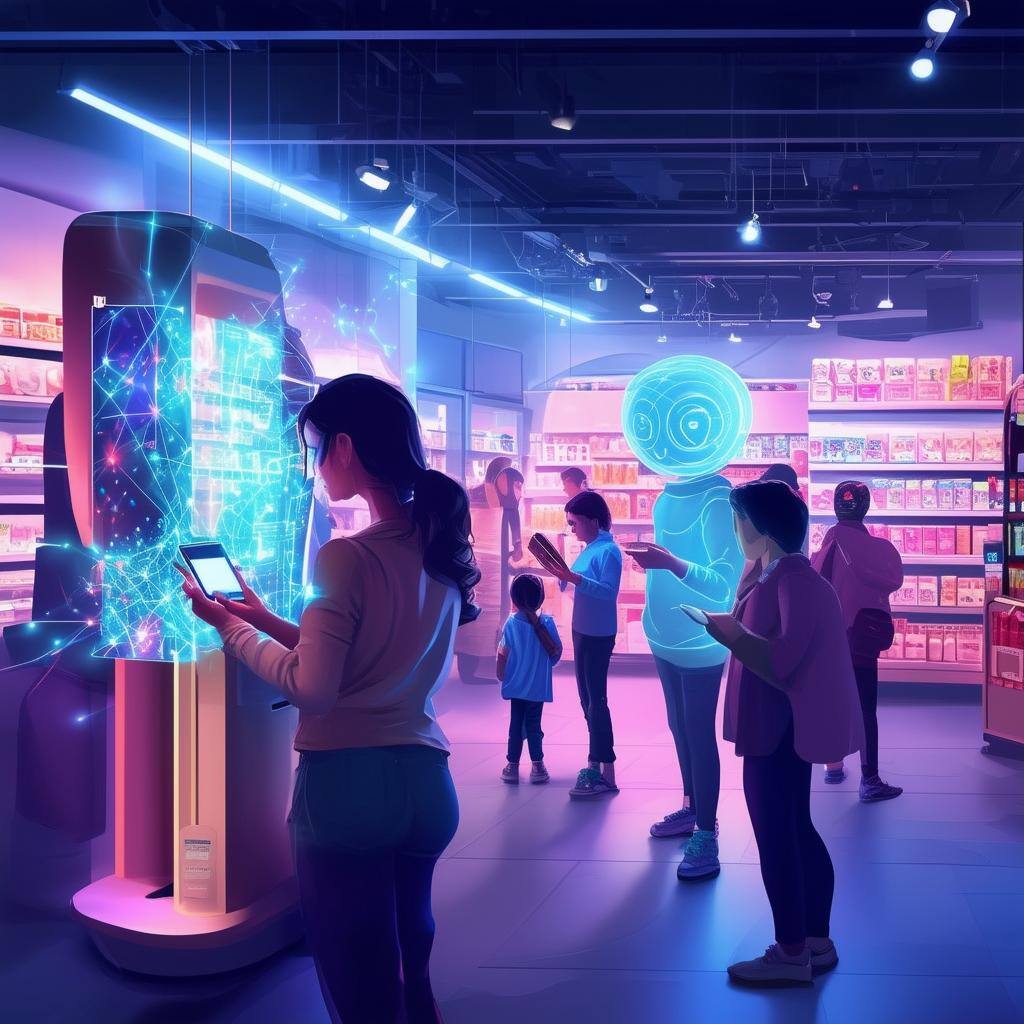IVR AI: How Conversational AI is Changing Next-Gen Systems
Discover how Conversational AI is revolutionising IVR systems, transforming customer interactions and shaping the future of professional services.
The Evolution of IVR: From Touch-Tone to AI-Driven Systems
Interactive Voice Response (IVR) technology has evolved significantly since its discovery in the 1940s, when a machine based on abstract mathematical reasoning and the ideas behind it inspired scientists to begin discussing the possibility of building an electronic brain. Initially designed to improve efficiency, IVR has since transformed its own tools for modern contact centres. Today, advanced IVR technology integrates natural language technologies and generative AI (Gen AI) to provide a personalised customer experience.
Modern conversational IVR systems use AI agents that understand and respond to human spoken language, eliminating the frustrating and robotic experience often associated with traditional menu-based systems. This development allows businesses to offer more dynamic service options, ensuring that callers are quickly connected to the right resources through call routing. Additionally, AI-driven IVR solutions can handle routine inquiries, freeing up human agents time so that they can focus on complex issues and enhancing overall customer satisfaction.
As IVR continues to evolve, the integration of AI will further refine automated interactions, making them more human-like, context-aware, and capable of delivering a superior customer experience. Whether for banks, healthcare providers, or e-commerce platforms, AI-powered IVR technology is revolutionising the way businesses handle customer communication over the phone.
The Role of Conversational AI in Enhancing Customer Experience
One of the key AI features in the next-generation IVR solutions, is the ability to personalise interactions based on past customer behaviour and preferences. Unlike traditional IVR menus, where customers must navigate a series of pre-recorded voice prompts, AI helps users to express their needs in their own words rather than selecting from IVR menus. This improves the overall user experience, making interactions more intuitive and reducing frustration.
IVR Benefits for Businesses and Customers
For enterprises handling high call volumes, AI-powered IVR systems help manage demand efficiently by resolving common issues without requiring live agents. By automating repetitive tasks such as account inquiries, order tracking, and appointment scheduling, businesses can free up their human representatives for more complex customer needs. This not only improves operational efficiency but also enhances customer satisfaction by reducing wait times on phone lines.
Moreover, AI-powered analytic tools play a important role in refining IVR performance. By analysing call data, businesses can continuously optimise their phone system to improve response accuracy. Advanced IVR solutions also integrate easily with chat systems and other customer support channels, creating a unified, omnichannel experience.
The Future of AI-Driven IVR
As advanced technologies continue to evolve, the next generation of IVR will further blur the lines between human and machine interaction. AI-driven phone systems will become even more conversational, predictive, and context-aware, ensuring customers receive fast and efficient service without unnecessary delays. By leveraging the power of artificial intelligence, businesses can create smarter, more engaging IVR solutions that not only enhance customer interactions but also drive long-term loyalty and retention.
Market Growth: The Future of Intelligent Virtual Assistants
IVAs use natural language processing (NLP) to create human-like conversations, allowing businesses to handle customer queries efficiently without overwhelming their support teams. Unlike traditional IVR menus, which often frustrate users with unstable menu navigation, AI-driven IVAs provide a easy to read and conversational experience. By understanding customers needs and the context behind it, these systems can offer personalised responses, improving customer satisfaction and retention.
Healthcare Revolution: Personalised Support through IVR AI
In the healthcare industry, IVR AI systems like Voiceoc are revolutionising patient care by providing personalised support and engagement. These systems offer features such as reminders for missed appointments, secure access to medical history, and post-treatment follow-ups, all at the patient's fingertips.
Voiceoc's AI-driven IVR bot mimics human interaction, offering empathetic and effective support. This not only improves patient satisfaction but also enhances overall healthcare outcomes by ensuring continuous and personalised care.
Strategic Implementation: Steps to Adopt Next-Gen IVR Systems
Adopting next-generation IVR systems involves a strategic, phased approach to ensure seamless integration and maximum benefit. Companies typically start with Wave 1, which focuses on redesigning customer journeys and identifying priority call types.
Wave 2 involves applying user-centric design principles and integrating new technologies, such as adaptive call flows based on contextual data. Finally, Wave 3 leverages machine learning and AI to add predictive and conversational capabilities to the IVR system. Companies should avoid skipping any phases to ensure a thorough and effective implementation.
You May Also Like
These Related Stories

Conversational AI: Is it better than Your Agent?

Ai Case Studies in Retail



No Comments Yet
Let us know what you think